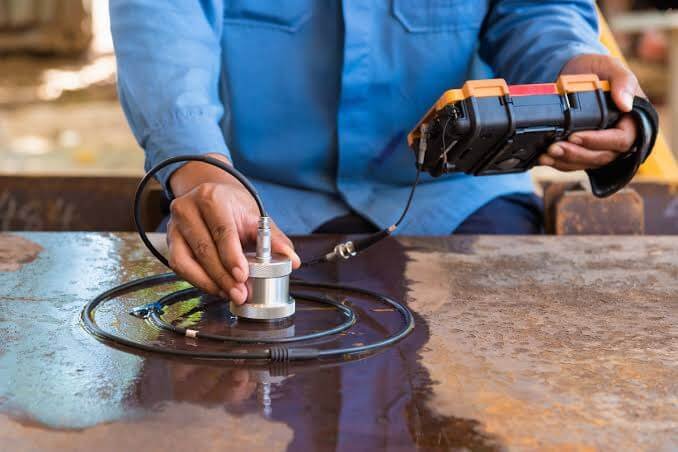Introduction
Civil material testing is a critical process that ensures the strength, durability, and safety of materials used in construction. From soils and aggregates to concrete and steel, proper testing allows engineers to predict the performance of materials under different conditions, making it a cornerstone of quality assurance in civil engineering.
What is Civil Material Testing?
Civil material testing involves analyzing construction materials to verify their properties, ensuring that they meet the project’s specifications and industry standards. These tests cover a wide range of materials such as:
- Soils
- Aggregates
- Concrete
- Asphalt
- Steel and other metals
The results of these tests help engineers make informed decisions about material suitability for different types of projects.
Importance of Civil Material Testing in Construction Projects
Civil material testing plays a vital role in:
- Ensuring structural integrity: Properly tested materials reduce the risk of failure in buildings, bridges, and other infrastructure.
- Complying with regulatory standards: Testing helps meet legal requirements set by national and international construction codes.
- Cost efficiency: Identifying the best materials prevents overengineering and material wastage.
- Safety: Testing ensures that the construction will be safe for use by reducing potential hazards.
Types of Civil Material Testing
- Soil Testing
- Objective: To assess the soil’s bearing capacity, moisture content, and compaction.
- Methods: Standard Proctor Test, California Bearing Ratio (CBR), Plate Load Test.
- Aggregate Testing
- Objective: To evaluate the quality and strength of aggregates used in concrete and asphalt.
- Methods: Sieve Analysis, Los Angeles Abrasion Test, Specific Gravity Test.
- Concrete Testing
- Objective: To check the compressive strength, durability, and workability of concrete.
- Methods: Slump Test, Compressive Strength Test, Split Tensile Strength Test.
- Steel Testing
- Objective: To measure tensile strength, elongation, and ductility.
- Methods: Tensile Test, Bend Test, Fatigue Test.
- Asphalt Testing
- Objective: To ensure the material’s resistance to wear, deformation, and weathering.
- Methods: Marshall Stability Test, Penetration Test, Softening Point Test.
Advanced Material Testing Techniques
Modern testing methods have evolved with technology, providing more accurate and faster results. Some advanced techniques include:
- Non-Destructive Testing (NDT): Such as ultrasonic, radiographic, and thermal imaging tests that assess material integrity without causing damage.
- X-ray Diffraction (XRD): Used for mineral analysis of construction materials.
- Spectroscopy: To detect chemical compositions and impurities.
How Material Testing Supports Sustainability in Construction
Sustainable construction relies heavily on quality materials that have been tested for long-term performance. Reusing materials, optimizing resource use, and selecting eco-friendly alternatives are practices enabled by comprehensive material testing. Additionally, by ensuring the durability of materials, we can reduce the need for frequent repairs or replacements, thus lowering the environmental impact.
Why Choose Jacob Engineers for Civil Material Testing?
Jacob Engineers offers a wide range of civil material testing services, providing accurate, reliable, and certified test results. Our services include:
- Soil and rock testing for foundations and earthworks.
- Aggregate and asphalt testing for road construction.
- Concrete testing for high-rise buildings and bridges.
- Non-destructive testing for ongoing construction projects.
With over 20 years of expertise, Jacob Engineers employs state-of-the-art equipment and follows international testing standards, ensuring the highest level of accuracy and precision.
Conclusion
Civil material testing is an essential step in ensuring the success of any construction project. By choosing reliable testing services, such as those provided by Jacob Engineers, project managers and engineers can ensure compliance with regulations, enhance project quality, and reduce overall costs. Quality materials lead to safe and durable infrastructure, making material testing indispensable for any civil engineering project.
Contact Us
For more information on our Civil Material Testing services or to schedule a consultation, visit Jacob Engineers Material Testing or contact us today.


Comments are closed.